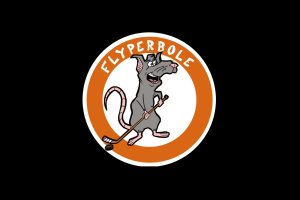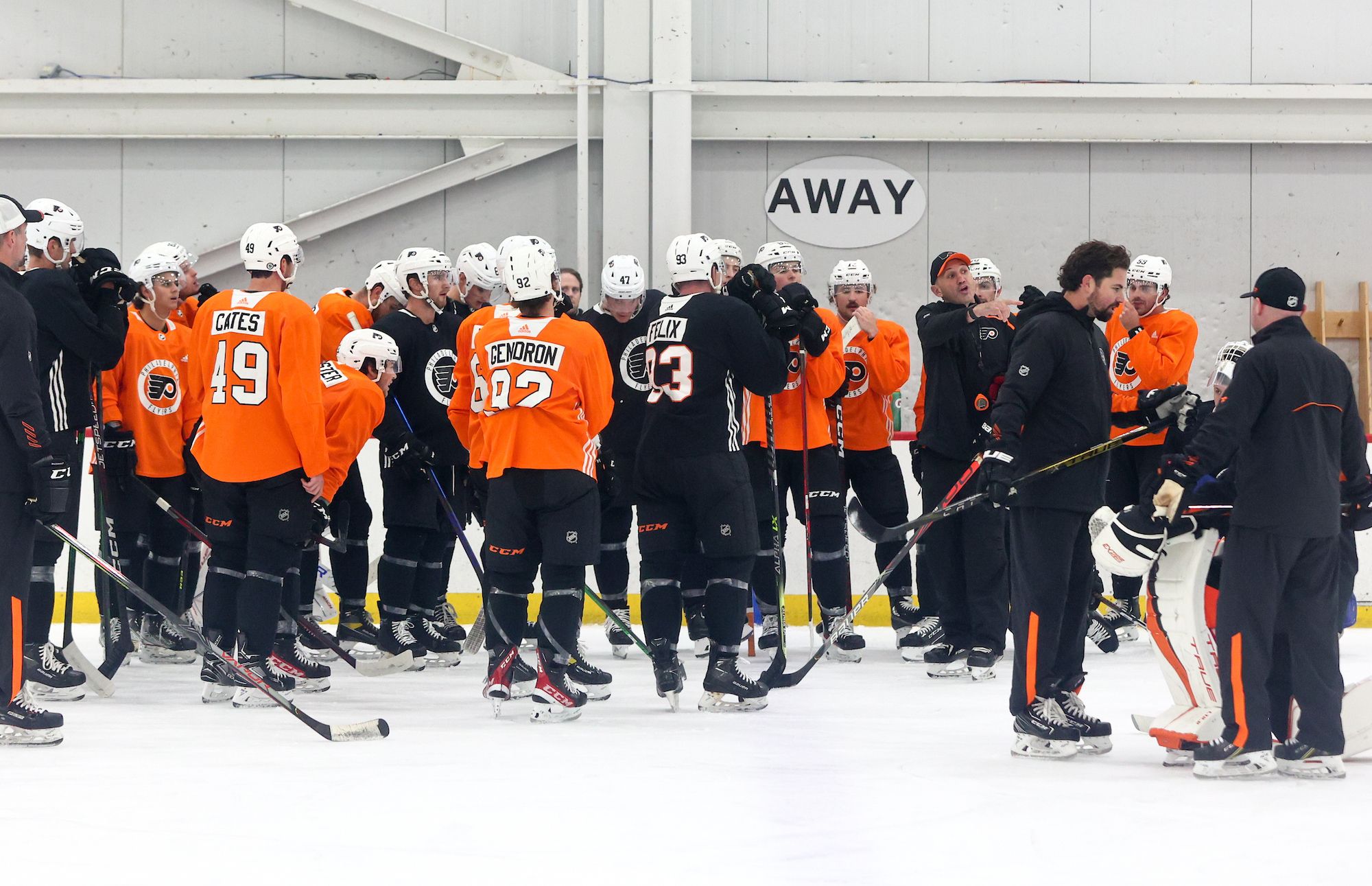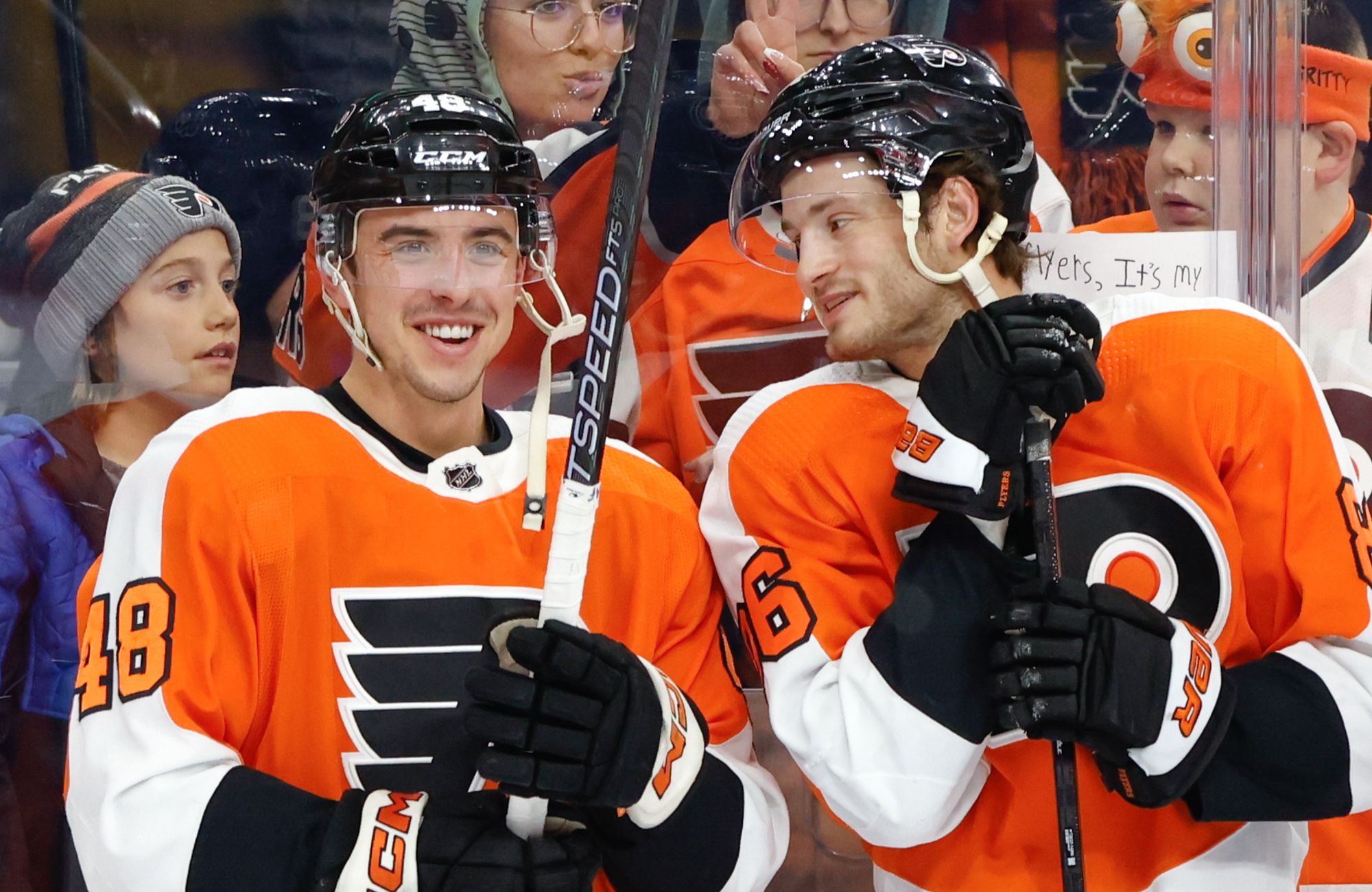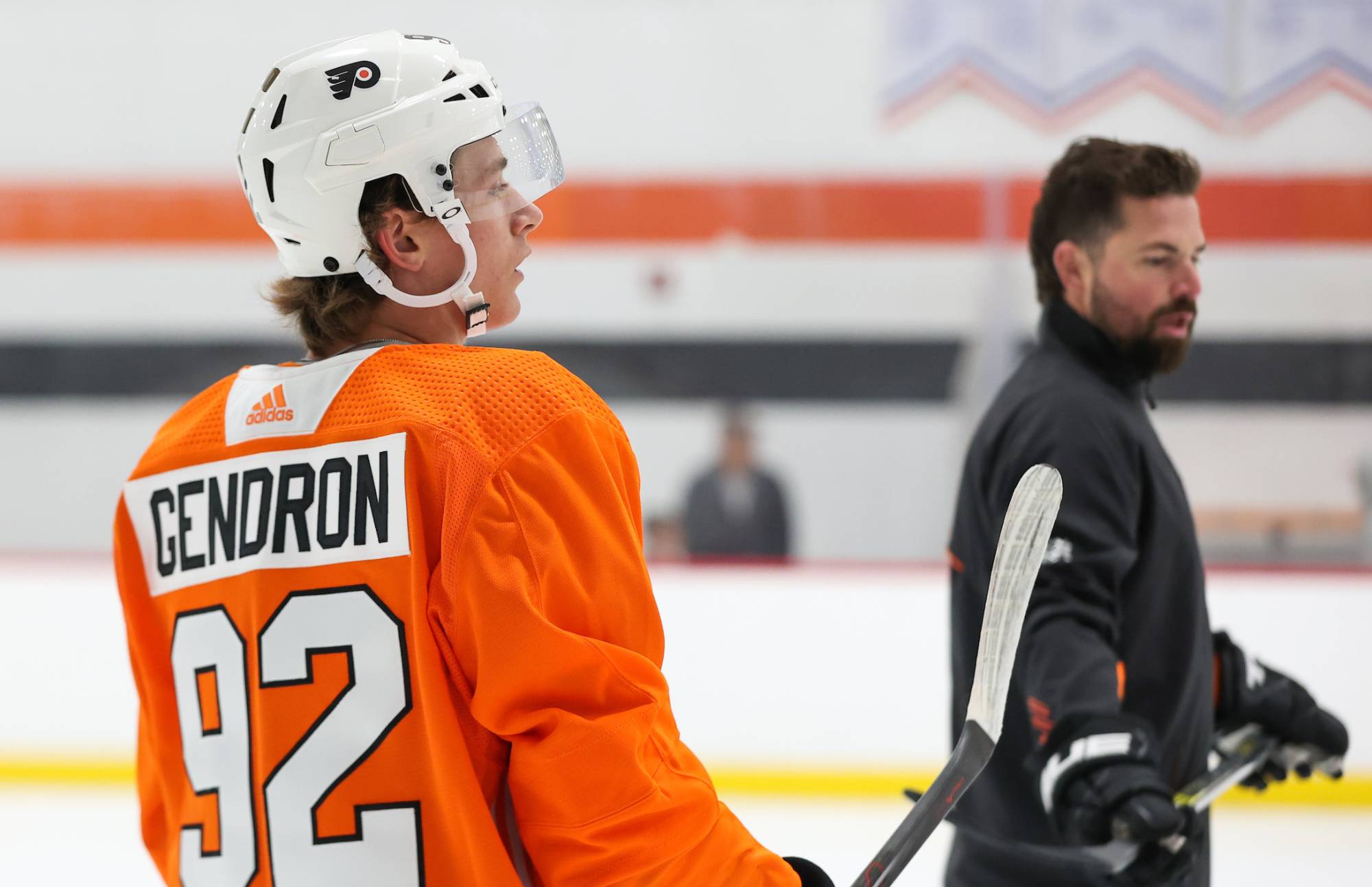On Saturday night, the Flyers wasted a solid performance at even strength and fell by a 4-1 score to the Washington Capitals in Game 2 of their Eastern Conference Round 1 series, dropping into a two games-to-zero hole.
In the wake of that loss, the Flyers made a roster move on Sunday afternoon — Lehigh Valley captain Colin McDonald was recalled to the big club. McDonald played five games with the Flyers this season, scoring one goal.
The #Flyers have recalled RW Colin McDonald from the @LVPhantoms. Read more → https://t.co/httCbk56KW
— Philadelphia Flyers (@NHLFlyers) April 17, 2016
At first glance, this seems like a move simply meant to help the team’s depth at forward in case of injury to one of the starting 12 forwards. After all, the injury to Sean Couturier left the Flyers with 14 available forwards (the starters plus R.J. Umberger and Jordan Weal), one less than they had once the playoffs began. The recall of “Black Aces,” or AHL players allowed to skate with the Flyers during playoff practices but unlikely to actually see any game time, usually happens around now, as well.
But one fact gives pause that McDonald is merely a Black Ace — the Phantoms’ season ended after the team’s captain was given the call-up. Lehigh Valley closed out its season on Sunday afternoon against the Syracuse Crunch, and McDonald was unavailable for the game due to the timing of the recall.
It’s possible that the Flyers simply wanted McDonald up with the club as soon as possible or that the Phantoms planned to scratch him today anyway, but why not wait until tomorrow so that a key forward on the Phantoms could play in his team’s finale? After all, he is the team’s captain, and scored 32 points in 51 games with the AHL club.
A competing theory is that Philadelphia is considering the possibility of dressing McDonald in Game 3 against the Capitals. That would explain the timing of the call-up, since the Flyers would not want to risk the forward getting injured in a meaningless minor league regular season game if they planned to use him a day later in the NHL playoffs.
So for the moment, let’s assume McDonald is a realistic option for Philadelphia Game 3. Why would Ron Hextall and Dave Hakstol consider the move?
The Courier-Post’s Dave Isaac guessed that if McDonald checks in, it may be due to the Flyers looking to get bigger up front. The 31-year old veteran stands six feet two inches tall, weighs 219 pounds, and primarily has played a role as a physical, checking forward during his NHL stints. In his only full season with the New York Islanders, McDonald ranked 20th in the league with a whopping 217 hits.
Alexander Ovechkin has certainly thrown his weight around in the series, first injuring Couturier via a clean hit in Game 1, and then depositing Brayden Schenn into his own bench in Game 2. But deterrence (not that it would work) wouldn’t be the driving force behind adding a larger forward to the lineup, despite McDonald’s clear talent for mayhem. The hope would be that McDonald would be able to use his frame and physical strength to “get to the dirty areas” in front of the net, setting screens and gobbling up rebounds for a team that has only scored one goal in this playoff series.
There is some viability to the point that Philadelphia needs to do a better job getting to the front of the net, especially at even strength. For the series, the Flyers trail in high-danger scoring chances at five-on-five by a 21-18 margin, despite leading the Capitals 40-31 in shots on goal. Generating higher quality shots absolutely needs to be a focus for the Flyers over the rest of the series, even if they did a better job in this area in Game 2.
The issue arises when you consider which forward should come out of the lineup for McDonald.
We can safely assume that no members of the first or second line are in danger of taking a seat, including Sam Gagner, who was elevated to the second unit after a fantastic Game 1 performance and the injury to Couturier. That leaves the bottom-six as the place where a change would be made. The problem is that the Flyers’ third and fourth lines have actually been pretty effective at even strength in this series.
Let’s start with the third line. Rookie Nick Cousins drew two penalties in Game 1 and has a strong 55.38% score-adjusted Corsi for the series. Matt Read’s possession statistics are even better (57.88%) and he was the team’s second-best driver of possession through the neutral zone this season. Scott Laughton could be a candidate, since he was a healthy scratch for Game 1 before the Couturier injury got him into the lineup, but he led all Flyers forwards with three high-danger chances on Saturday night. If the goal of a lineup change is to improve the quality of the Flyers’ shots, Laughton already did just that in Game 2.
As for the fourth line, there’s a reason why it’s been dubbed “The Untouchables” line on social media — Dave Hakstol has been loath to separate them. Ryan White has carved out a role on Philadelphia’s second power play unit, Pierre-Edouard Bellemare is locked in as the team’s fourth line center (and with Couturier injured, they’re a bit short on those), while Chris VandeVelde receives heavy PK minutes as well. In addition, they gave the Capitals fits on the forecheck on Saturday night, with each forward finishing with a Corsi For percentage of at least 60 percent.
You bench Cousins, you lose the pivot to a very effective third line. Read sits, and one of the club’s best neutral zone players is gone. Bellemare, White or VandeVelde are replaced, and then you have new gaps in an already-struggling special teams. And Laughton did nothing to warrant a benching in Game 2, aside from not finishing his chances.
But can we really expect Colin McDonald to be any better at creating goals? He has 19 career NHL tallies in 145 games, and his five-on-five score-adjusted Corsi Relative is an underwhelming negative-2.08%. This isn’t a big-body wild card of a forward like Petr Straka who has looked dominant for stretches in his AHL career and maybe could be a surprise break-out candidate. McDonald has always been a checking liner at the NHL level who will at best replicate what Philadelphia already received this season from VandeVelde and White, except without the season-long experience in the Flyers’ special teams systems.
Slide McDonald in for Read or Cousins and your team may get to the front of the net a bit more once they’re set up in the offensive zone, but they’re going to spend less time on the attack on the whole because Cousins and Read are more skilled at getting the puck there in the first place. Laughton showed he can get to high-danger areas on Saturday night, and considering his first round pick pedigree, I’d be inclined to give him a chance to prove he can repeat that for the remainder of the series.
As for shaking up the fourth line, while I’m not opposed to the concept on principle, I fail to see the point. Bellemare is safe due to his position, and Ryan White and Chris VandeVelde are already gritty, physical forwards in the mold of Colin McDonald. It’s possible that McDonald could be a slight improvement over especially VandeVelde at five-on-five, but then that opens up a hole in the penalty kill rotation. Same goes for White and the second power play unit.
I understand that Hakstol may be frustrated with his team’s inability to light the lamp thus far in this series. But his bottom-six forward corps really isn’t the issue. The Cousins line is doing everything right except finishing, so the addition of McDonald would probably just slow them down. And swapping in McDonald for VandeVelde or White is both unlikely due to Hakstol’s appreciation for the Untouchables, and a move with very little upside.
In the end, the Flyers are a team coming off a strong even strength performance on Saturday night from their third and fourth lines. Hakstol and the Flyers would be best served to fight the temptation to tweak things by replacing a forward like Read, Laughton or Cousins with a bigger-yet-less-talented option like Colin McDonald.









